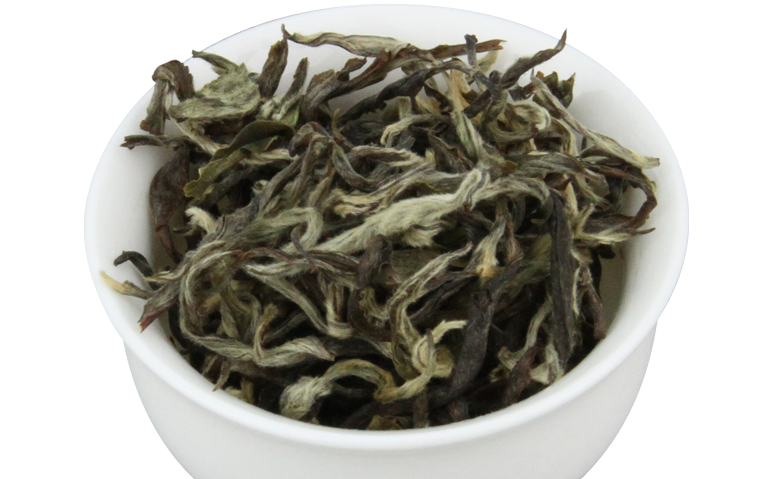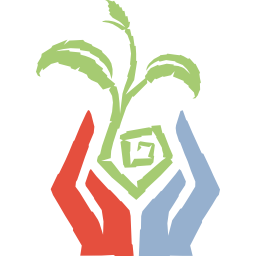THE AMAZING TEA RACE
PANCHTHAR, NEPAL |
|||||||||||||||||
|
A unique tea garden, hidden deep in the Himalayas - Pathivara Tea Estate
We arrived at around 9PM at Pathivara, in Pancthar, Nepal. It had taken two hours on a bumpy, rocky road to make it to Pathivara, in Pancthar, Nepal. We were welcomed by the huge full moon, and by Pathivara's energetic crew of tea-making men. They explained that they had prepared wilting beds full of raw green leaves, and were excited to process tea with us throughout the night.
 Moonrise at Pathivara Tea Estate.
Processing was to begin at 12AM, so we had a few hours to spare in the meantime. In true Nepali style a campfire was constructed, and other young men from the neighboring village joined us with their boombox and dance moves. We spent 3 hours dancing away, shedding off our jackets to cool down as we kicked around the sand. • • • After a quick dal bhat (a Nepali meal of rice and lentil soup), we started to make tea at midnight. The raw tea leaves, which were picked with the two leaves, one bud standard, were withered in the wilting beds. The leaves were exposed to blown cool air for a few hours, before the workers bundled them in silky cloths. The workers wrapped the bundles into balls, which were then rolled over and over again on a bamboo mat. We did not do any of the rolling - the last thing we wanted to do was ruin a batch of their amazing tea! The rolling process requires just the right amount of force, and a lot of skill.
Clockwise, from top left: (1) withering (2) rolling;
(3) drying; (4) using firewood for fuel
Immediately after rolling, the leaves are dropped and evenly distributed along a conveyor belt, which led into an industrial drying machine. This was our first time seeing a dryer of this scale; the ones in Sri Lanka and India were much smaller, processing in batches. After 15 minutes, the dried tea leaves emerged from the dryer, and were collected in bamboo trays to be laid out for more airflow. Once all the leaves had been dried once, they were run through the dryer again for another, much faster cycle, to finish. And this is how our Nepali Silver oolong tea is made! The entire process from the raw green leaf to beautifully processed oolong seemed so fast and simple. As simple as it is, however, there is a tremendous amount of skill that these workers acquired thanks to the consulting help of experienced tea people like Sonam Lima. By 2AM, I was beat, and turned in for the night. We had an 8 hour drive to the airport at 7AM, so we were up at sunrise to see Pathivara's fields and village.
Because tea growing in Nepal is relatively new, the young tea trees of Pathivara give a new look to the landscape. The leaves are bright alongside the deep greens and yellows of the valley, and layer upon layer of multicolored mountains rise up in backdrop. We hiked up the tea hills to see the full view, while having an open-air tasting of the teas from just a few hours before. A very good memory.
• • • Is Fair Trade Really Fair?This is the question that Steepster member James Carmichael (JustJames) tried to answer, in his 2013 project for a Human Geography class. He took a critical look at Fairtrade International, the brand behind Fairtrade certification. Read his findings: Is Fair Trade Really Fair? What James found out reflects why we, at Tealet, do not seek out Fairtrade tea. The concepts of Fairtrade are good, but there are problems with relying on labels. Using a label oversimplifies the issues, when we need in-depth conversations as conscious consumers and responsible businesses. So, let's talk. First, consider Pathivara:
In theory, Pathivara could benefit so much from Fairtrade. Pathivara already makes amazing teas (see: Nepali Silver); if they could sell more of their tea, they could earn more, and improve their living conditions. However, the Fairtrade label is so expensive and difficult to get. Small estates like Pathivara simply cannot afford the certification. Instead, it is the larger, more developed estates that can afford the fees, which puts small growers like Pathivara at even more of a disadvantage in the market, despite their superior tea quality.
It's gotten to the point that the growers are pre-occupied with the labels, too - when we spoke to the growers in Ilam, who do grow using sustainable methods, they were concerned about not being "Certified" organic. We told them not to worry about it, and they were happy to hear that. At Tealet, we don't need labels - we can travel to the farms, and see for ourselves if the farm is clean, environmentally-friendly, and responsible. And if we document what we see, our customers and wholesale partners can see for themselves, too. That was the point of going on these rocky roads with clunky, heavy video equipment (sorry about that, Mike!).
So if Fairtrade isn't fair for Pathivara, what about Tealet?
We give the farmers their asking price for their tea, and we don't require expensive certifications. We think that's fair. Through the Tealet platform, we help them sell their tea at a better price. With more sales, the farmers can reinvest their earnings into making better tea, which can earn them more profits. Then, they have a chance to improve the living standards in their homes and communities. Consumers will benefit too - instead of paying a premium for a label, they pay for consistent, high-quality tea and full transparency.
Well, that's the plan, at least. We still have a long road ahead to see major results, but we are already seeing a drive towards high quality tea and improvements on the farms. Remember Amba Estate's announcement, back in April? The tea world is full of great tea, and great tea people, and it's definitely possible to make it a fairer one, too.
• • •
We will have 4 new Nepal teas in 2014, including 2 from Pathivara.
Here's a preview: Nepali Silver is now available in tins!
|
|||||||||||||||||
|
Next update: Into Yunnan, China
Thanks for following the Amazing Tea Race!
Mahalo!
Team Tealet
|














